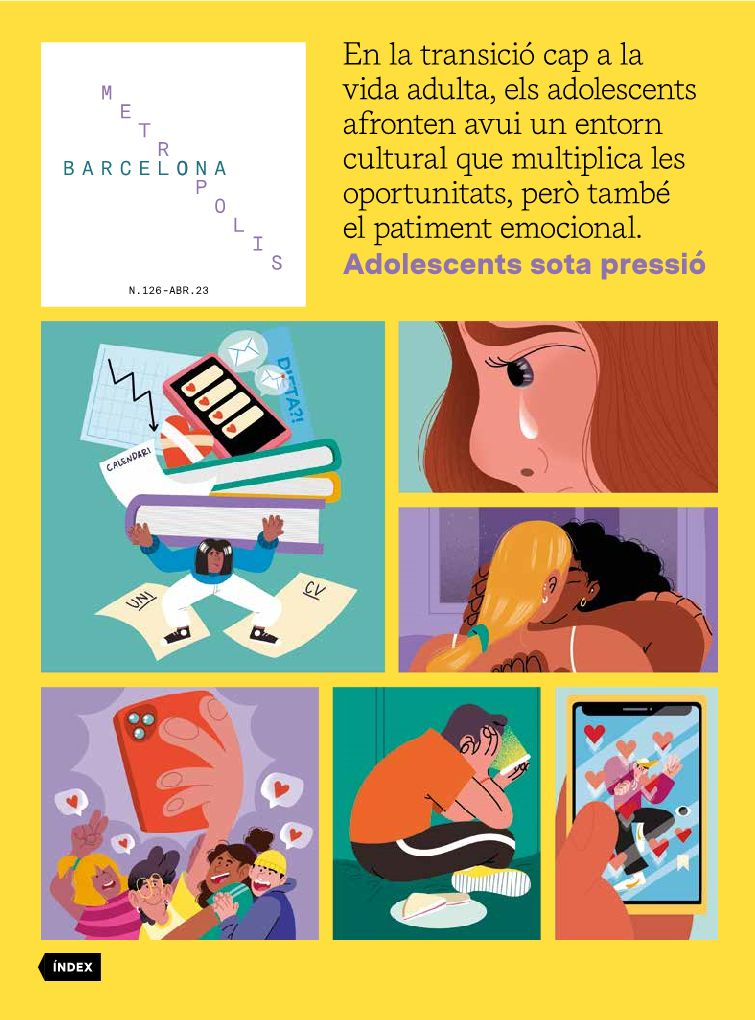Emotional malaise among adolescents

Adolescence is a time of major life changes; physical and hormonal changes that transform the body, as well as psychological changes that often entail emotional upsets that are hard to deal with. Over and above the challenge of transitioning out of childhood and into adulthood, there is now the added pressure of a world in the throes of change, which offers enormous possibilities, yet also makes great demands. The contrast between increasingly higher expectations and the growing difficulties in meeting them generates considerable tension that not all adolescents are able to cope with.
Various studies and polls alert us to the growing emotional distress among adolescents, which translates into rising demand for medical attention on account of anxiety, panic attacks, self-harm and suicide attempts. Despite having more technology than ever before for communication purposes, surveys show a high rate of isolation and unwanted loneliness among younger people, which is even more prevalent than among older people. New technologies offer opportunities for social interaction and participation that many adolescents enjoy and put to constructive use. But we must be careful that they do not also become a source of psychological distress, such as when they lead to addiction, hinder personal relationships or act as echo chambers that amplify problems and offer false solutions. Major changes are also taking place in the affective-sexual sphere. We must celebrate the fact that more and more young people are able to experience sexuality freely, maturely and without prejudice, but we cannot ignore the persistence of the male chauvinist and violent patterns that perpetuate roles of domination and cause suffering, especially among girls.
This life stage should not be stigmatised or approached with bias: all generations have had to deal with challenges. But nor should we minimise the warning signs of a reality that causes suffering and that can be tackled. The question is not what adolescents are like now or what their preferences are, because they must be free to choose them and to chart their own path. Instead, the question is how best to guide them so that they can strengthen their resilience in the face of adversity and navigate a healthy and rewarding transition to adulthood.
The newsletter
Subscribe to our newsletter to keep up to date with Barcelona Metròpolis' new developments




